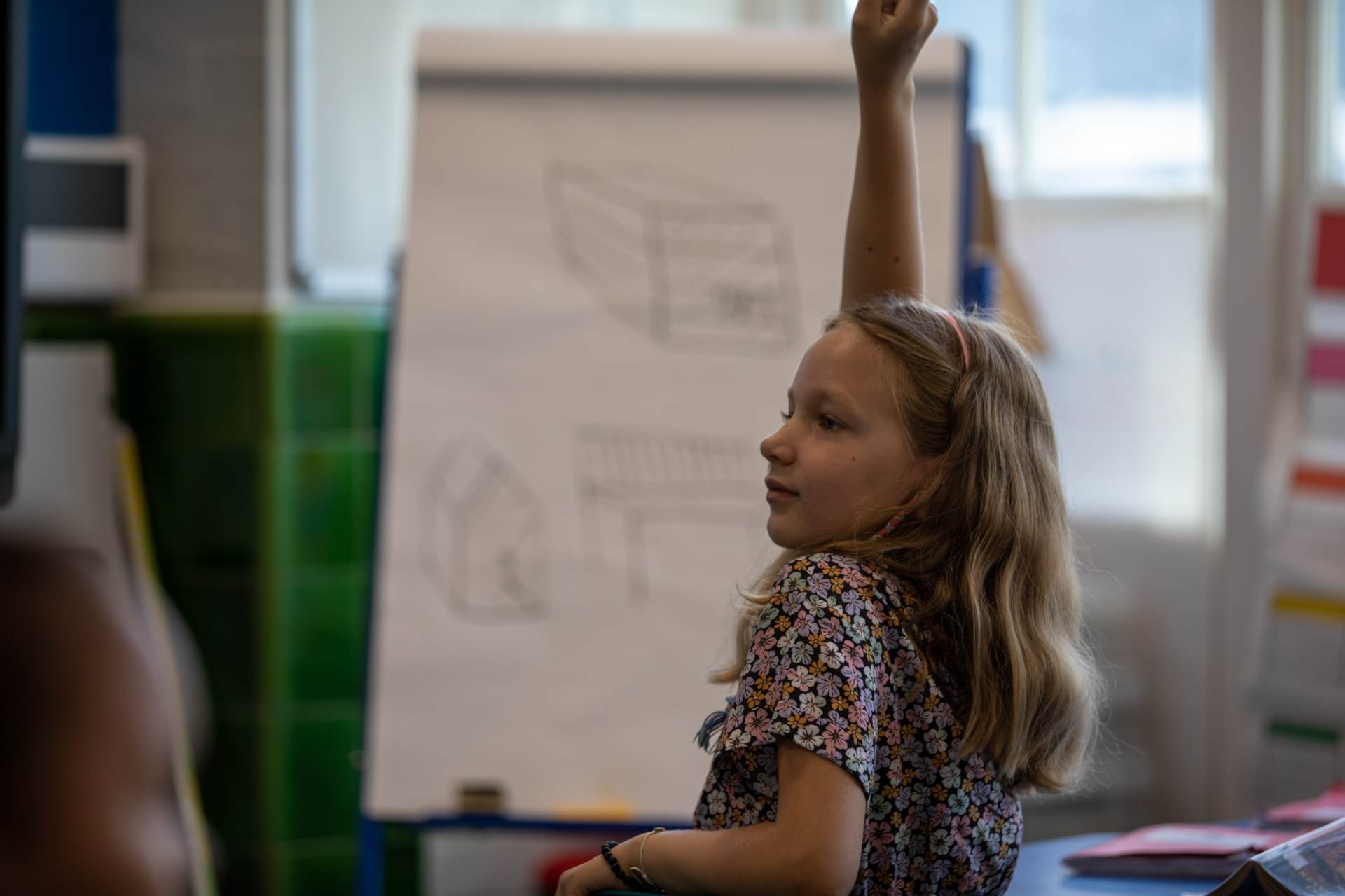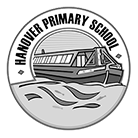Geography
Click here for our Geography Curriculum Progression Map
Our approach
At Hanover, we recognise that children are naturally curious about the world around them. While they may not distinguish between subjects, our Geography curriculum is carefully designed to nurture this curiosity through engaging, question-led topics. These topics not only ensure full coverage of the National Curriculum for Geography, but also connect meaningfully with wider themes and other subjects such as Science, Art, and Design Technology.
Our Geography curriculum is structured around four key areas of understanding:
-
How have humans changed the world we live in?
-
Understanding the countries of our world
-
Forces of Nature
-
The community and country we live in
Through this structure, children are supported to develop their knowledge of human and physical geography, locational and place knowledge, and geographical skills and fieldwork. The sequence of topics is designed to build deep understanding, revisit key concepts over time and make connections across their learning.
We place a strong emphasis on fieldwork, enabling pupils to observe, measure, record and present geographical information using a range of methods, including sketch maps, plans, and digital technologies. These opportunities culminate in hands-on map and compass work during our residential trips in Years 5 and 6.
We are particularly proud of our local studies units, which celebrate the rich geography of our immediate environment. From the streets of Islington to the banks of Regent’s Canal, children explore their community in meaningful ways, developing a sense of place, belonging, and environmental responsibility.
Big Questions

Each geography topic at Hanover is framed by a meaningful enquiry question designed to spark curiosity and encourage deep thinking. These overarching questions guide the learning across the unit and are broken down into smaller weekly questions that help children explore key concepts step by step.
For example, in Years 5 and 6, the question “How can we keep the lights on?” leads pupils to investigate energy sources, sustainability, and the impact of human activity on the environment. This enquiry-based approach invites children to become active participants in their learning — they explore, question, and seek out answers, while also developing the confidence to pose their own thoughtful questions.
By building topics around enquiry, we nurture a sense of wonder, promote critical thinking, and help children make meaningful connections between geography and the world they live in.
Using Children’s Experience
At Hanover we believe that children’s understanding begins with their first-hand experiences – initially of their family and community, and then expanding outwards. Therefore we build a wide range of first-hand experiences into our topics. These include visits to museums, galleries and green spaces within London and beyond, as well as visits from specialists. Throughout all our Humanities topics we encourage them to express themselves, ask questions, and think about similarities and differences.
Meaningful Outcomes
Our topics are designed to lead towards a tangible outcome in which children share their learning with others. Outcomes might be putting on an exhibition for parents and other visitors; an assembly for the whole school; publishing and launching a book; or making a film and showing it at a school ‘film festival’.
Humanities in the EYFS
Children in Nursery and Reception develop their historical and geographical understanding through the Understanding of the World strand of the EYFS. Within this strand, children learn about both people and communities and the world. We talk about the personal histories of the children and of their families and communities. We invite family and community members into school to talk about aspects of their lives. Children explore the local environment, visiting both the urban and natural sights. They learn about the different places around the world that children visit or are interested in and we compare them to where we live. Children draw pictures and diagrams, make maps and models, write reports and take photographs to record their learning.

